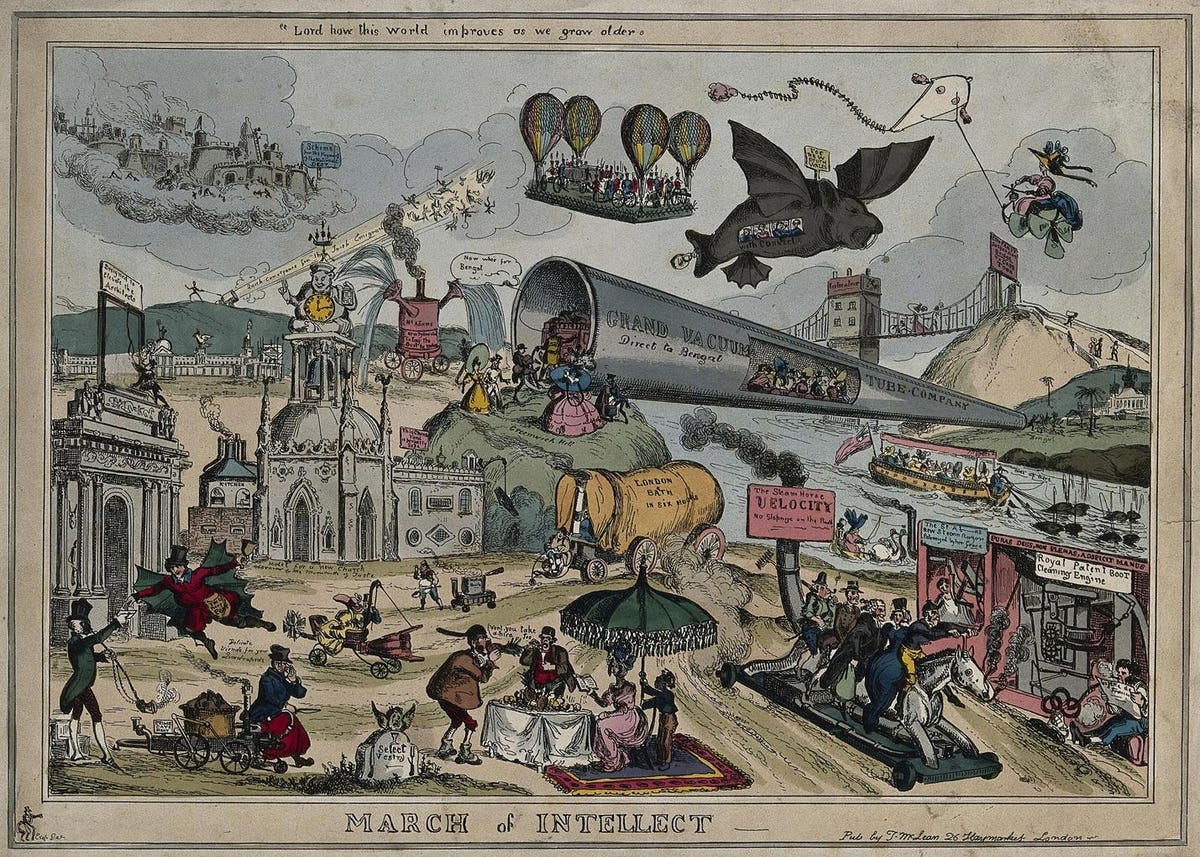The most harmful and most beneficial changes in digital life are likely to happen by 2035, according to a Pew Research Center report predicting the best and worst of digital life in the future with the spread of artificial intelligence.
The insights the Pew Research Center report come from technology innovators, developers, researchers, academics and policy leaders who were canvassed between December 27, 2022 and February 21, 2023 to look at humans’ choices to use technologies for good or ill-intent and how that would significantly change the world.
Jamillah Knowles, an AI specialist, former blog editor for Huffington Post and BBC host for Outriders Radio5 Live, said the 2035 time scale presented in the report was interesting. “It’s just over a decade until 2035, so about ten years on — and in ten years I’ll probably be worrying about statins and hormone replacement therapy as much as I worry about better images of AI,” said Knowles.
Knowles cites American researcher Roy Amara on this point, ‘We tend to overestimate the effect of a technology in the short run and underestimate the effect in the long run.’
“We can only really respond to things as we are today, and our needs now are obviously going to differ in a decade, our priorities will change, and who knows, maybe our worldview due to things that are not currently entirely AI-led — the cost of living, macroeconomics, humanitarian status, etc.,” said Knowles.
“We’re not great future gazers, and when it comes to tech, we’re prey to missing the impact of something like the iPhone that could land in the midst of AI development,” said Knowles. “This research is about AI, of course, but other technologies could arise that give AI entirely new meaning to us.”
Fears and hopes
The 305 experts who were canvassed said they anticipated striking improvements in health care and education but some expressed fears that align with the statement recently released by technology leaders and AI specialists arguing that AI poses the “risk of extinction” for humans that should be treated with the same urgency as pandemics and nuclear war.
The fears and hopes of each expert fell into the same categories: human rights, human-centered development of digital tools and systems, future harms to human knowledge, and future harms to human connections, governance and institutions.
Seventy-nine percent of the canvassed experts said they are more concerned than excited about the coming technological change or equally concerned and excited.
In human rights, experts in the report feared new threats to rights as privacy becomes more complicated or, in some views, impossible to maintain. They reference surveillance advances, sophisticated bots embedded in civic spaces, the spread of deep fakes and disinformation, advanced facial recognition systems, and widening social and digital divides as looming threats. The report cites that a preeminent concern in human rights is the expectation that increasingly sophisticated AI will likely lead to the loss of jobs, resulting in a rise in poverty and the diminishment of human dignity.
Anders Lillevik, CEO of Focal Point, an enterprise procurement management platform, said he was concerned about the future harm to human rights.
“While concerns about AI’s negative impact on human rights is warranted, there are significant opportunities to use AI as a force for proactive good,” said Lillevik. “This transcends digital security and rights and involves tangible things like eliminating modern slavery.”
“With the increased global legislation mandating companies to conduct diligence on the companies they did business with to identify child and forced labor and other human rights violations in the supply chain comes an increased need to parse an exponential amount of data,” said Lillevik. “The expectation that companies manage suppliers, and in turn their suppliers, necessitates the consumption and analysis of vast amounts of data.”
Lillevik says this data needs to be collected from the suppliers and independent third-party data sources to be compared, contrasted and analyzed.
“AI has the potential to make these seemingly insurmountable tasks possible to execute and get ahead of,” said Lillevik. “Humans still need to make the ultimate decisions in how to act on the presented analysis.”
Despite the fear, there is also hope from the experts canvassed in the report, with 18% of the canvassed experts in the report saying they are more excited than concerned about the coming technological change, and 42% said they are equally excited as concerned.
According to the report, hopeful experts said, ‘Society is capable of adopting new digital standards and regulations that will promote pro-social digital activities and minimize antisocial activities’. They predicted that people would develop new norms for digital life and foresee them becoming more digitally literate in social and political interactions. The same experts also believed that these changes could influence digital life toward promoting human agency, security, privacy and data protection in the best-case scenario.
Mark Chaffey, CEO of hackajob, a full-stack technical hiring platform, said the comments from one of the canvassed experts in the report stood out to him.
Terri Horton, a work futurist at FuturePath, noted in the Pew report that digital and immersive technologies and artificial intelligence will continue to exponentially transform human connections and knowledge across the domains of work, entertainment and social engagement. “By 2035, the transition of talent acquisition, onboarding, learning and development, performance management and immersive remote work experiences into the metaverse – enabled by Web3 technologies – will be normalized and optimized,” Horton noted in the report.
“What I love about the concept of talent acquisition, onboarding, learning and development, performance management and immersive remote work experiences transitioning into the metaverse is that it democratizes access to opportunities,” said Chaffey. “Talent is everywhere; opportunity isn’t.”
Chaffey says the metaverse will accelerate how remote work has opened up opportunities for people to work for some of the best companies globally, no matter where they are.
“However, the idea that all work will move to the metaverse misses the idea that, as humans, we are inherently social creatures,” said Chaffey. “We care too much about each other and interpersonal relationships, and even in 2035, I believe people will still want to build those relationships.”
Chaffey says that, likewise, generative AI will transform the role of knowledge workers. “Things like talent acquisition and even software engineering will be highly augmented with AI by 2035 – every knowledge worker will have an AI co-pilot they’ll gain leverage from.”
“However, you can’t automate interpersonal relationships, and that will always be driven by humans,” added Chaffey.
The Pew Center full report is available for free.
Read the full article here




